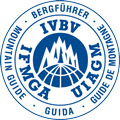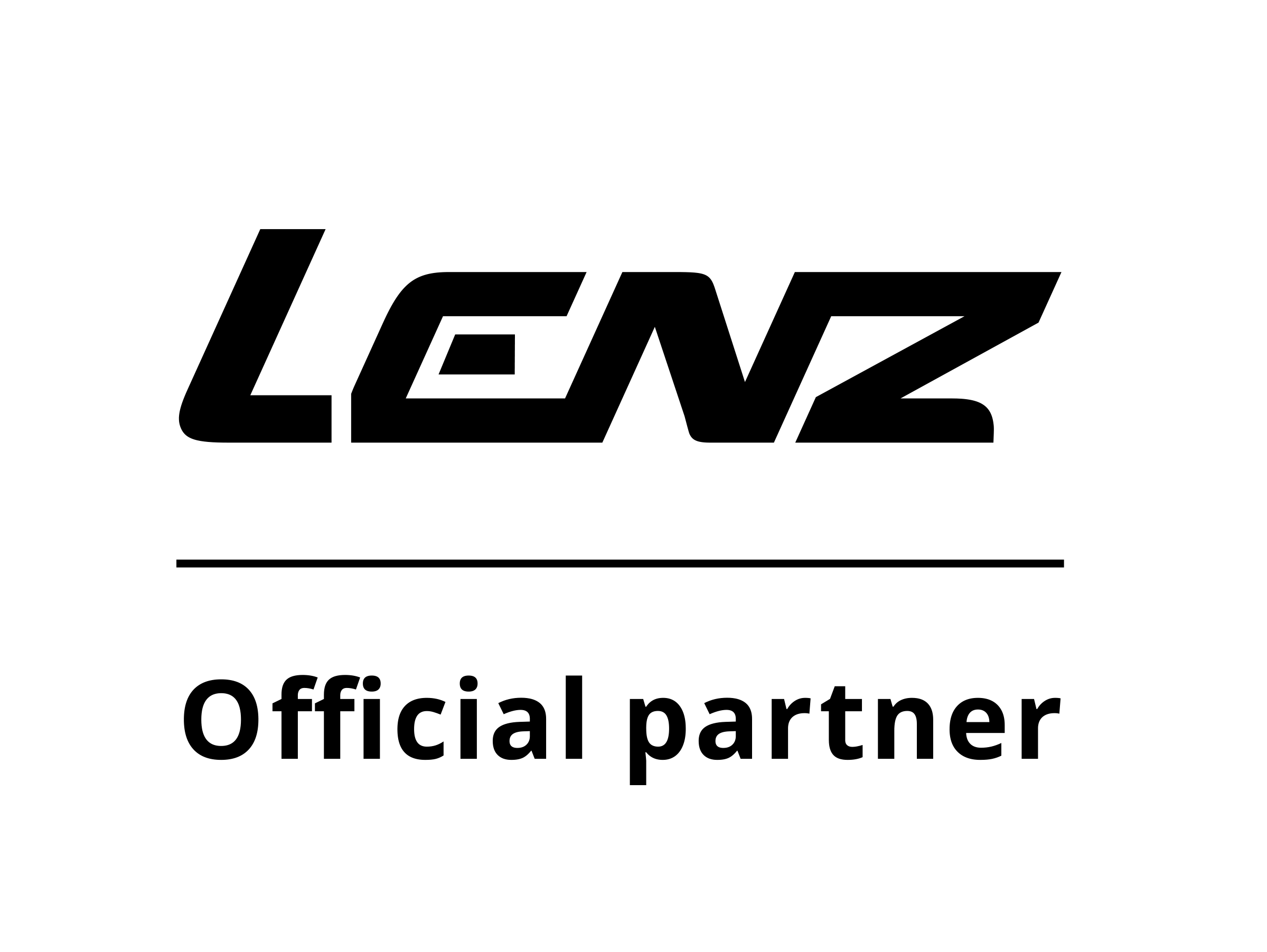An IFMGA-certified mountain guide is a professional whose competence has been certified by an official institution that is accredited by the IFMGA. They may lead, instruct, advise and coach members of the public in the four disciplines of mountaineering, ski touring, rock climbing and ice climbing.
To ensure that this is done as safely and responsibly as possible, the IFMGA has a training scheme that sets a common worldwide standard in the four disciplines.
Recognising that individual countries may have their own individual requirements as regards the training of their own mountain guides, a degree of autonomy exists within the IFMGA Training Scheme. While the scheme covers technical skills in depth, the IFMGA attaches equal importance to the non-technical or “soft” skills of a mountain guide. Also, each and every IFMGA-certified mountain guide is expected to observe the Code of Professional Conduct.
Any country with an existing and substantive mountain guiding association may join the IFMGA, provided it complies with the entry requirements, and indeed is encouraged to do so. The IFMGA has guidelines for interested associations outlining the application procedure. It is an objective of the IFMGA that there is free movement of mountain guides within its member countries.
In addition to training mountain guides in the core skills of mountain guiding, the IFMGA also runs courses for professionals in canyoning and rope access.
An IFMGA-certified mountain guide’s skills are transferable to situations away from the mountains, for example to give specialist support to fire and rescue services.


